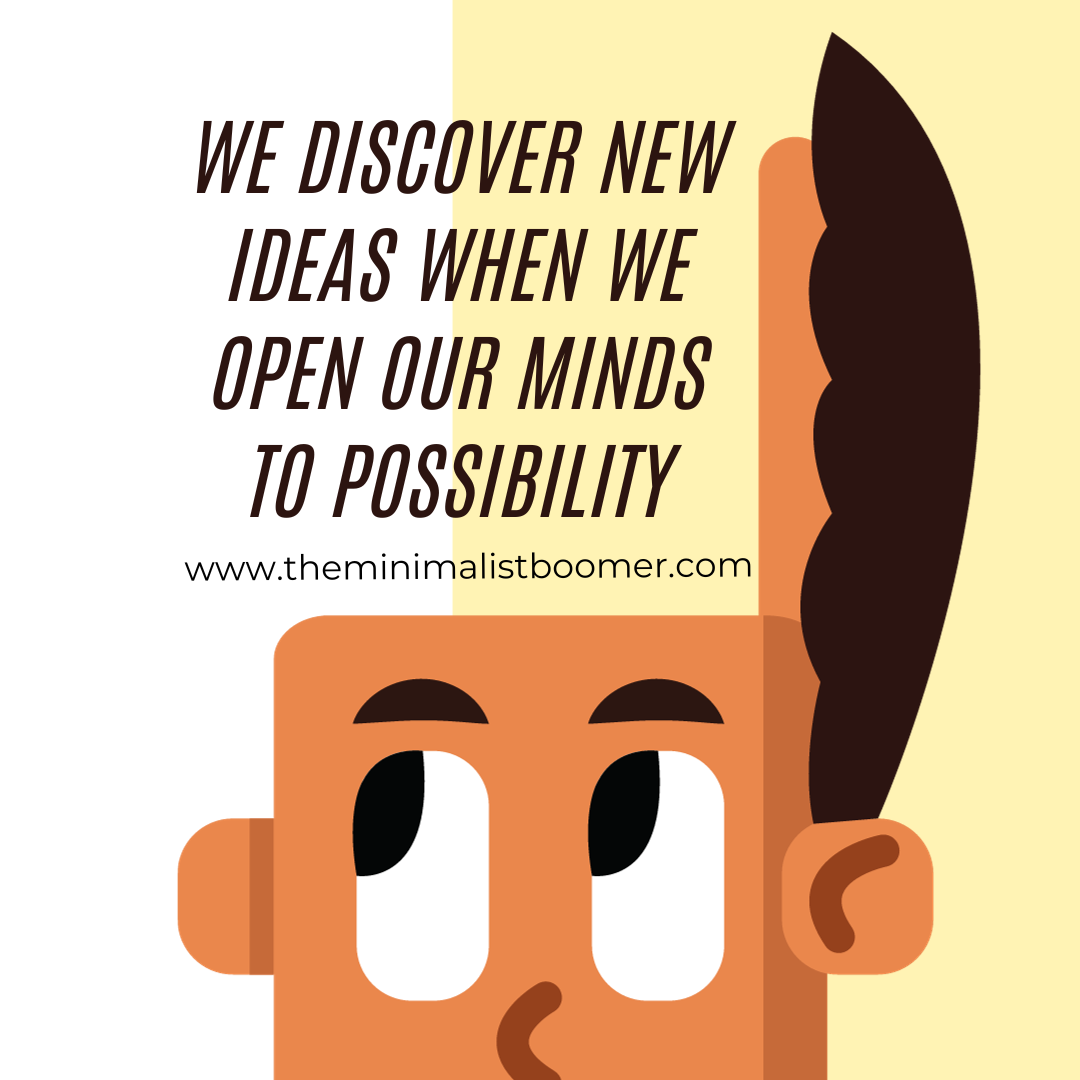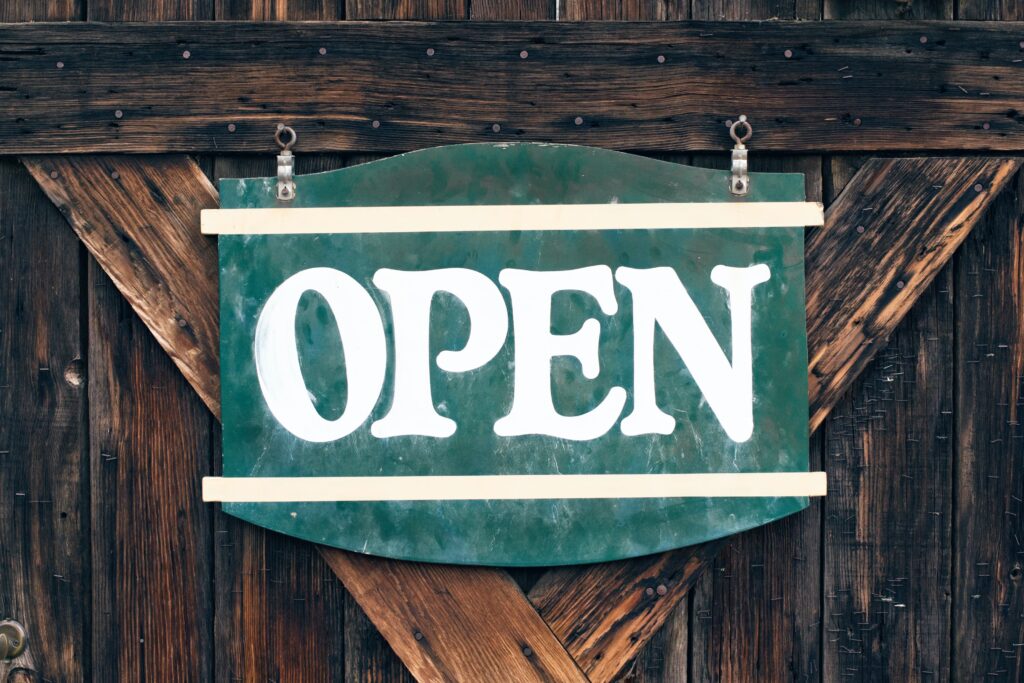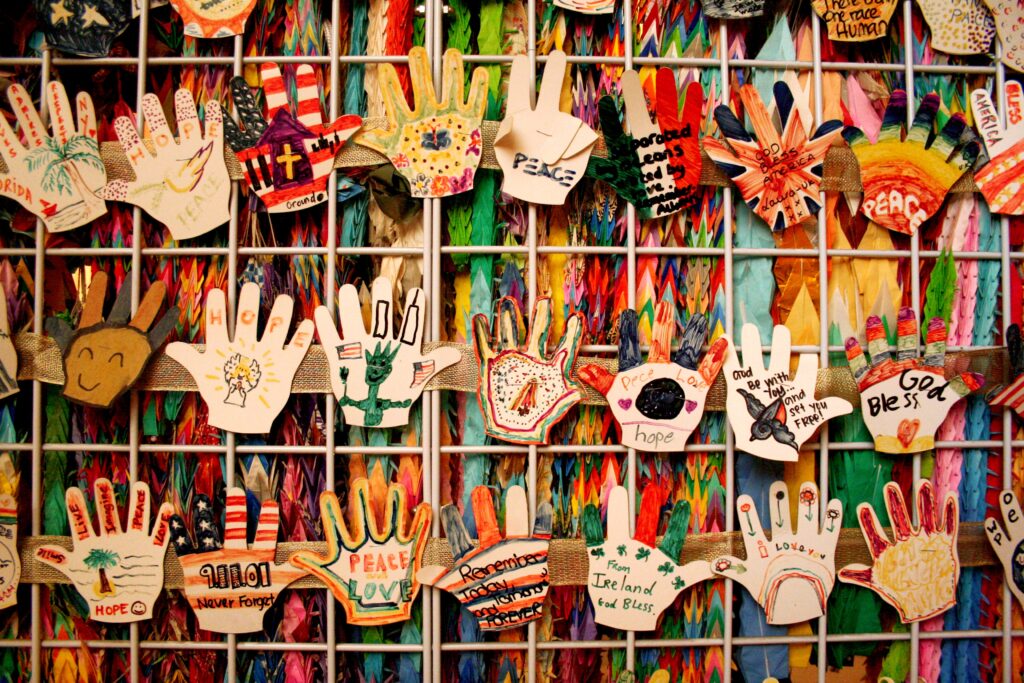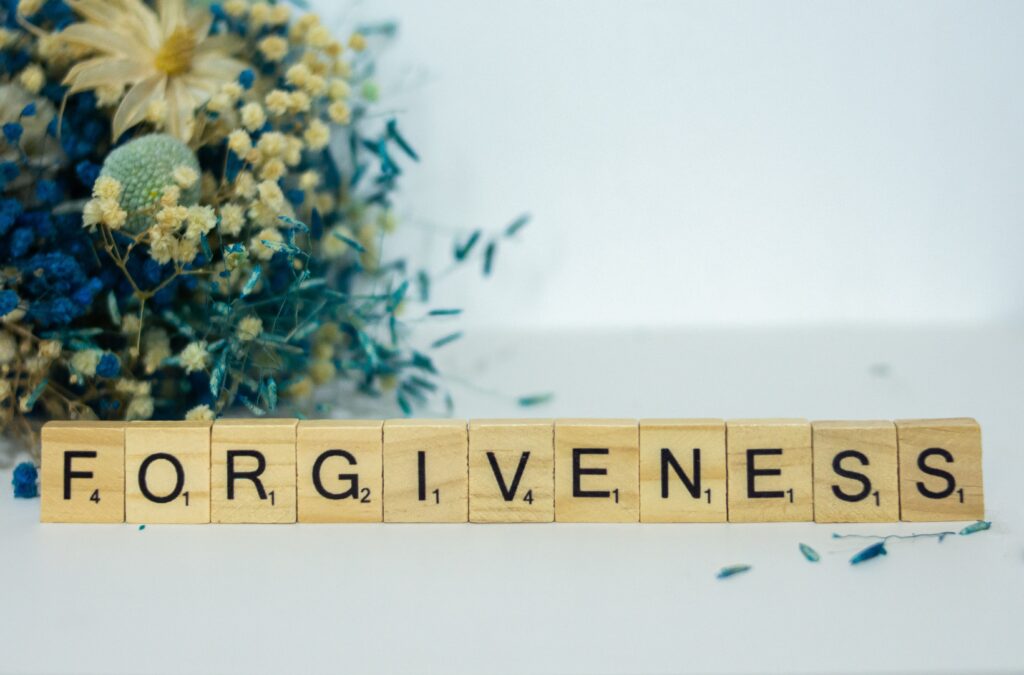As humans, we constantly absorb information from various sources, but how much of that information is shaping our perceptions without us even realizing it? This is where confirmation bias comes into play. By recognizing and acknowledging the impact of confirmation bias, we can gain a clearer understanding of how our beliefs are formed and reinforced. Join me in uncovering the powerful influence of confirmation bias on our everyday decision-making.
What is Confirmation Bias?
Confirmation bias is a common cognitive bias that influences the way we interpret information. It occurs when we seek out, remember, and prioritize information that confirms our existing beliefs. This bias can prevent us from considering alternative viewpoints and hinder our ability to make objective decisions.

Definition and Explanation
Confirmation bias can be defined as the tendency to favor information that confirms our preconceptions or hypotheses, while disregarding contradictory evidence. This bias often leads us to cherry-pick data that supports our opinions, resulting in a skewed perception of reality.
Examples of Confirmation Bias in Daily Life
Selective Exposure
In daily life, confirmation bias manifests in various ways. For instance, when browsing social media, we are inclined to follow accounts and engage with content that aligns with our views, creating an echo chamber effect. This selective exposure reinforces existing beliefs and limits exposure to diverse perspectives.
Interpretation of News
When consuming news, we tend to focus on sources that align with our opinions, ignoring contradictory viewpoints. This selective attention can lead to a distorted understanding of current events and perpetuate biased interpretations.

Personal Relationships
Confirmation bias can also impact personal relationships. For example, when seeking feedback, individuals may selectively seek out validation of their actions while disregarding constructive criticism, ultimately reinforcing their preconceived notions. By identifying confirmation bias in these everyday scenarios, we can begin to recognize its influence and take steps to overcome it.
How Confirmation Bias Shapes Our Perceptions
Confirmation bias significantly impacts our decision-making, influencing which information we deem credible and relevant. It leads us to seek out evidence that confirms our existing beliefs, rather than challenging them. As a result, we may overlook opposing viewpoints and selectively process information that aligns with our preconceptions, affecting the quality of our decisions.
Impact on Decision-Making
Our tendency to favor information that validates our beliefs can lead to flawed decision-making. When we succumb to confirmation bias, we may overlook contradictory evidence, leading to hasty conclusions or misguided choices. This can hinder our ability to appraise situations objectively and make well-informed decisions.

Influence on Beliefs and Attitudes
Confirmation bias can reinforce our existing beliefs and attitudes, making it challenging to consider alternative perspectives. We gravitate toward information that supports our convictions, thereby amplifying our confidence in our own viewpoints. This inclination can perpetuate narrow-mindedness and impede personal growth and open-mindedness..
Recognizing and Overcoming Confirmation Bias
Practicing Empathy and Open-Mindedness
Empathy and open-mindedness are key to recognizing and overcoming confirmation bias. By understanding and acknowledging the emotions, thoughts, and experiences of others, we can gain new insights and perspectives. This allows us to challenge our own beliefs and break free from the constraints of confirmation bias. Engaging in open conversations with individuals who hold different viewpoints can help us cultivate empathy and broaden our understanding of diverse perspectives.

Seeking Diverse Perspectives
Seeking out diverse perspectives is crucial in combating confirmation bias. Actively engaging with individuals from different backgrounds, cultures, and ideologies can provide a well-rounded view of the world. This exposure to diverse perspectives challenges our preconceived notions and helps us see beyond our own biases. By embracing a variety of viewpoints, we can mitigate the influence of confirmation bias on our perceptions.
Developing Critical Thinking Skills
Developing critical thinking skills is essential for overcoming confirmation bias. By honing our ability to evaluate information objectively, we can scrutinize our own beliefs and guard against the impact of bias. This involves questioning assumptions, considering alternative explanations, and weighing evidence carefully. Critical thinking empowers us to make well-informed decisions and reduces the likelihood of succumbing to the limitations of confirmation bias.
By practicing empathy and open-mindedness, seeking diverse perspectives, and developing critical thinking skills, we can actively combat confirmation bias and foster a more nuanced understanding of the world around us.
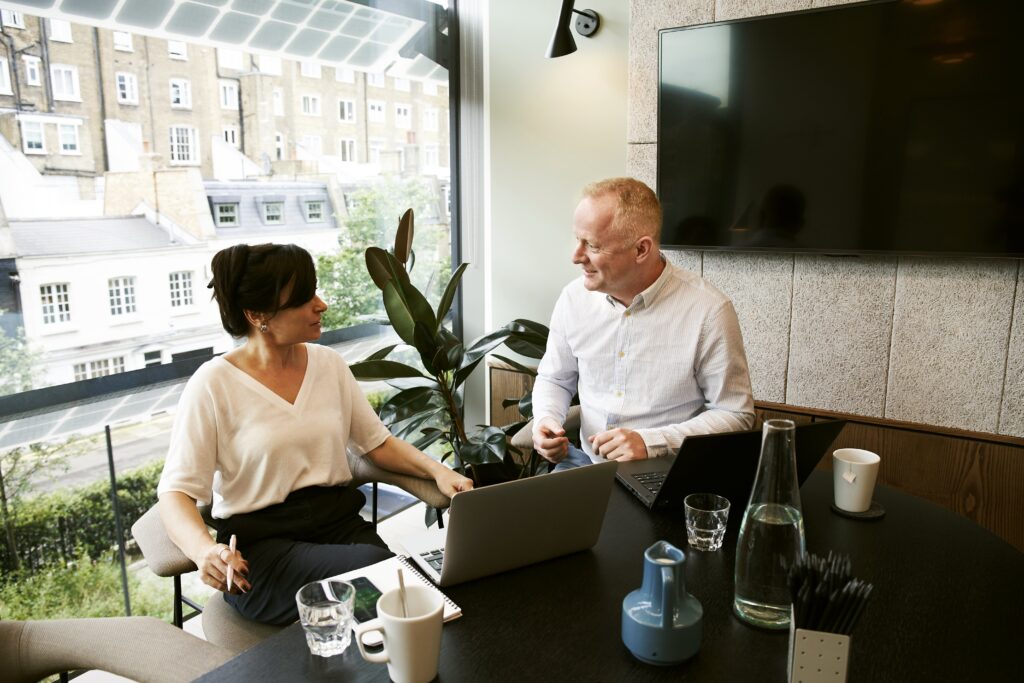
Understanding confirmation bias is crucial in recognizing how our perceptions can be influenced by our preexisting beliefs. By being aware of this cognitive bias, we can take proactive steps to mitigate its effects. One way to overcome confirmation bias is by actively seeking out information that challenges our existing beliefs. Additionally, engaging in open-minded discussions with individuals who hold different perspectives can help broaden our understanding and reduce the impact of confirmation bias on our decision-making processes. Acknowledging and addressing confirmation bias empowers us to make more informed and rational judgments in both personal and professional realms.

